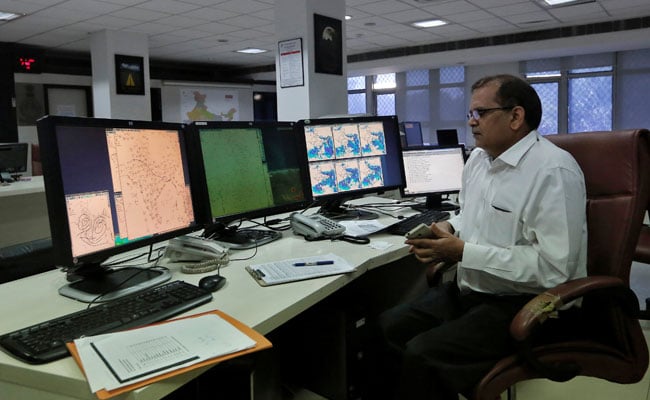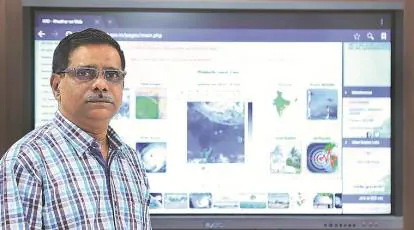Revolutionizing Forecasting in India: The Integration of Artificial Intelligence

In the expansive landscape of India, a global giant in rice, wheat, and sugar production, the precision of weather forecasts emerges as a critical concern. Tasked with this responsibility, the India Meteorological Department (IMD) relies on mathematical models and cutting-edge supercomputers. To enhance its capabilities, the IMD is now embracing the integration of artificial intelligence (AI) into its operational fabric.
K.S. Hosalikar’s Vision: Elevating Forecast Accuracy and Reducing Operational Costs

Head of Climate Research and Services at IMD, K.S. Hosalikar, highlights the transformative potential of AI-based climate models. He emphasizes their ability to elevate forecast accuracy while concurrently reducing operational costs. AI has already proven its mettle in issuing timely public alerts for crucial events like heatwaves and disease outbreaks, such as malaria. As part of its forward-looking strategy, the department plans an extensive expansion of its network of weather observatories, reaching down to the village level, with the objective of refining data resolution for more nuanced forecasts.
The government, in a proactive stance toward technological advancement, expresses its commitment to infusing AI into traditional weather models. This commitment materializes through the establishment of a dedicated center serving as a nexus for workshops and conferences. This platform provides a dynamic space for testing and refining the integration of AI into the intricate landscape of weather forecasting.
Saurabh Rathore, an Assistant Professor at the Indian Institute of Technology-Delhi, underscores the economic viability of AI models. He emphasizes that these models can seamlessly operate on standard desktops, alleviating the financial burden associated with high-powered supercomputers.
Despite the promising prospects of AI, experts emphasize a fundamental prerequisite – the imperative need for high-quality data. Parthasarathi Mukhopadhyay, a climate scientist at the Indian Institute of Tropical Meteorology, articulates the necessity for detailed data in both spatial and temporal dimensions. This, he contends, is pivotal for unlocking the full potential of AI models tailored for location-specific enhancements to existing forecasts.
Read More (AI – Tech Foom)








